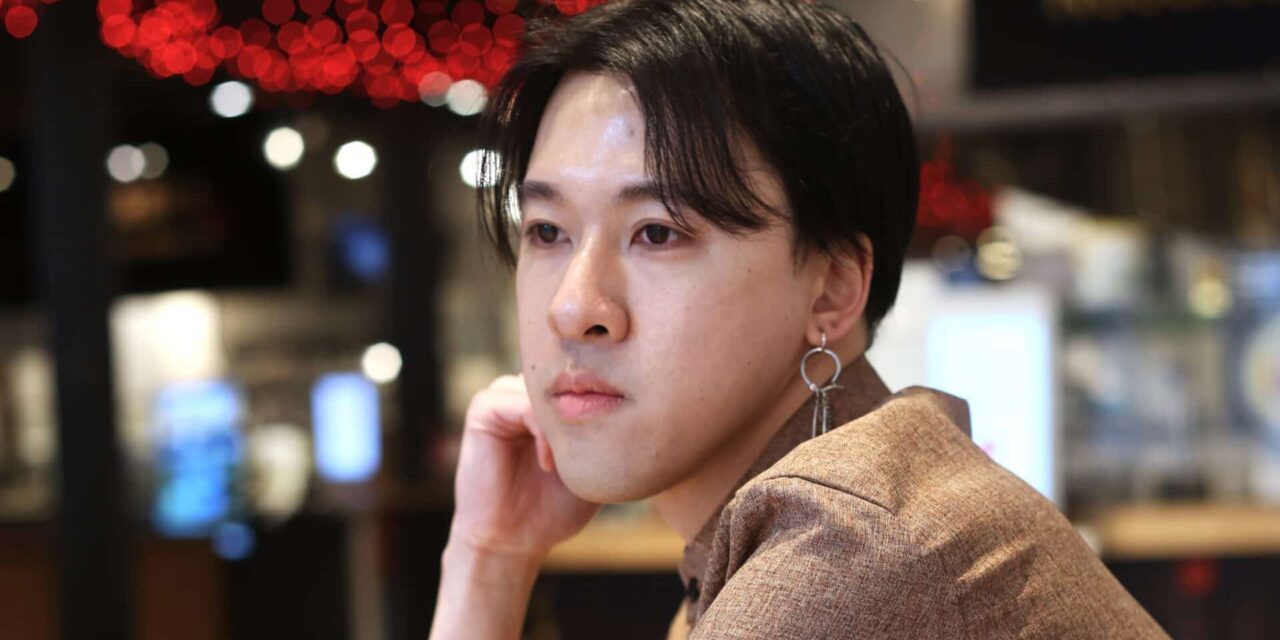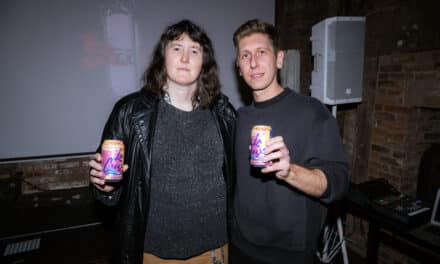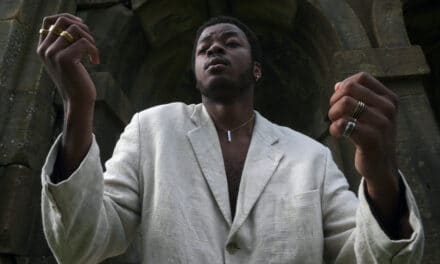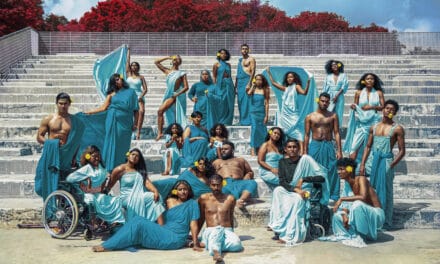In the vast landscape of content creation, standing out requires more than creativity; it demands consistency, a clear strategy, and the ability to adapt. While niches continue to expand, only those with resilience and vision manage to carve a unique space in social media.
One of these creators is Dave Disci. Having spent over a decade in the social media world, Dave has become a prominent figure in the K-pop community, known for his refreshing take on trending news and engaging stories that resonate deeply.
Dave Disci’s journey is a powerful reminder of the importance of staying genuine in a world that constantly demands new trends and content. His story highlights the resilience, strategic thinking, and personal authenticity needed to thrive in today’s digital landscape. As Dave continues to pursue new creative horizons, his grounded approach ensures that he remains not only a content creator, but also a connector—someone who brings his audience along for every meaningful story.
Today, we caught up with Dave to discuss his journey, how he strategizes his presence across various platforms, his commitment to authenticity, and his exciting future projects.
Thinking back to the start of your journey, was there a key moment or spark that made you feel, “This is what I want to do”? What helped you realize you were on the right path?
I honestly can’t remember a time when I didn’t want to do what I’m doing now. There was a period when I was pushing to work in the medical field, but looking back, this was more a pressure I felt from family, friends, or others than something I actually wanted. I always admired and envied everyone in the industry, and honestly, I can’t recall a time when I didn’t.
I’ve always wanted to create things. Before I was making content, I was creating physical things, making art, and doing flip-books. I remember thinking I would love to spend my time doing just that. I didn’t want to do anything else—I didn’t want to go to school or work a nine-to-five. I just wanted to do this.
Later, I started writing stories and even wrote a 500-page book at 19, which still hasn’t been published and probably never will be. But there was a point when I realized I might have a chance in the creative industry. It was in high school, during a class play. Our teacher gave us a script to act out a character. After my performance, I got praise from the entire class—they said I did a great job and that my acting was genuinely good. That was all I needed to realize I wanted to be someone on camera, creating stories, telling stories, and being part of stories.
Your community on platforms like YouTube and TikTok has grown significantly. What personal principles or strategies have helped you stay authentic while your audience has grown?
This is a very interesting question, and I thank you for asking it. The way I interpret it is that you’re asking how I’ve been able to stay true to myself and stay grounded as my audience has grown.
For me, this has never really been an issue. I still don’t feel that, just because I make videos, I deserve to be treated a certain way. I came into this industry not to become famous or make a lot of money, but because I have a deep, deep-rooted passion for creating something. I didn’t care which side of the industry I was on—whether on camera or behind the scenes, sitting in a studio and editing all day.
Just because my audience has grown doesn’t mean my problems go away. If anything, it seems my problems have only been amplified as more things are happening. I feel that as people with platforms grow and become more successful, it’s not that they automatically become “bad.” Rather, whoever they were is just enhanced.
I don’t believe I’ve ever been someone who feels entitled or expects things to just come my way. So, as I’ve grown, I only feel more motivated to push myself and work harder. I don’t feel I’m where I want to be yet, and I think that’s what keeps me authentically me.
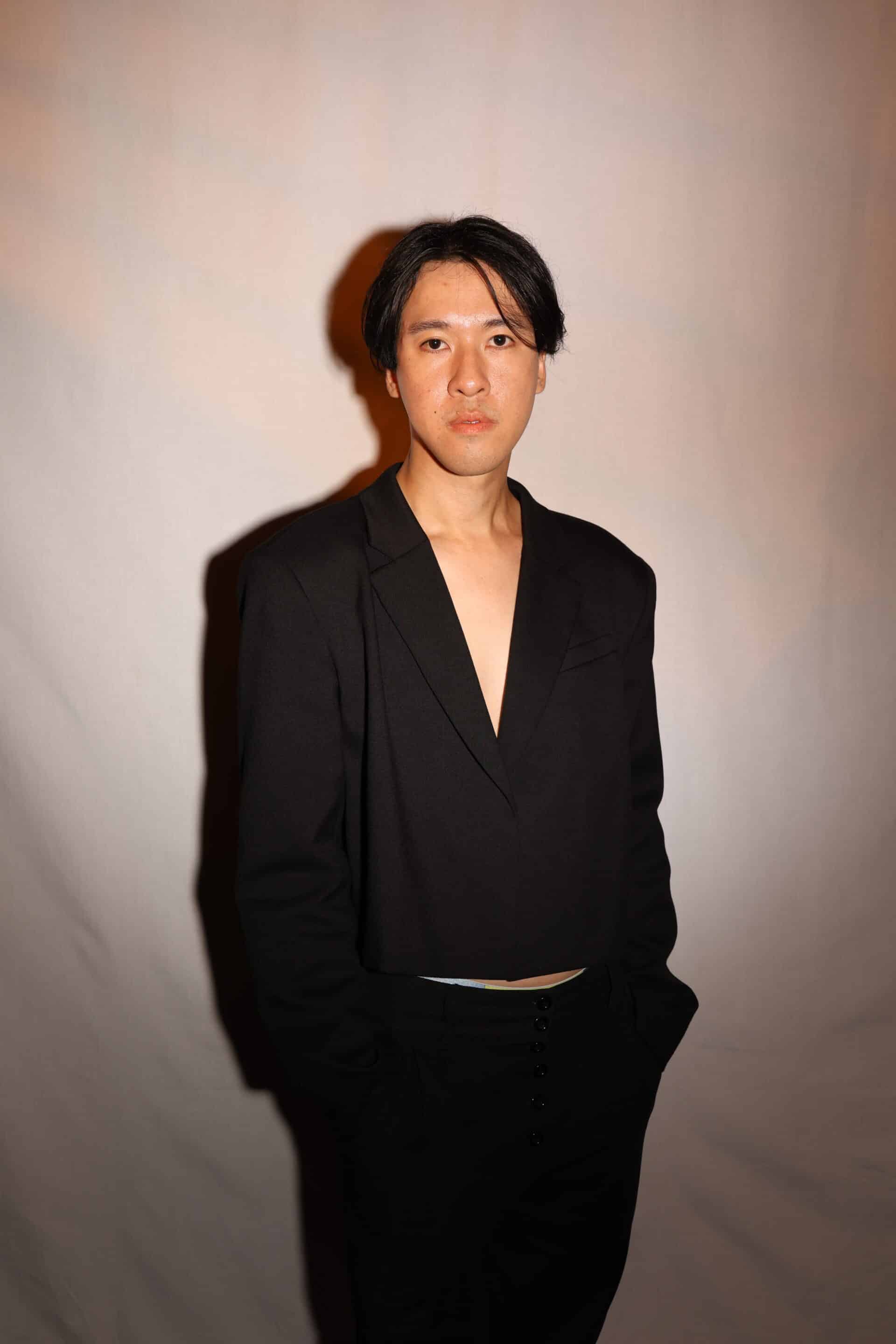
Every social media platform has its own audience and vibe. On YouTube, you dive deep into K-pop; on TikTok, you react to trends; and on Instagram, we see a more activist and personal side of you. How did you decide what to share on each platform? Was it a planned approach, or did it happen more naturally?
I would love to say that it happened naturally, but it was definitely more of a planned approach. K-Pop is something I’ve been around since I was little. It was similar to how most people in America grew up with Michael Jackson or Justin Timberlake—it was part of my day-to-day. However, I didn’t feel it was sustainable for me to stick to just one genre.
A lot of people online were saying that the only way I could ever grow was if I talked about K-Pop, and that I was using K-Pop for attention. Part of me wanted to prove those people wrong, too. It wasn’t difficult to try transitioning to a different platform, especially one like TikTok, which was already super trendy and had a lot of creators on it. Almost every YouTube creator I knew was beginning to transfer to TikTok and leave YouTube.
I saw people stop posting on YouTube because they were making more money from brand deals and other opportunities after posting on Instagram. I noticed this huge shift, and people were telling me I needed to make it too. But I knew that when I made this shift, I didn’t necessarily want it to be about K-pop—I wanted to try something different. So, I made that conscious decision.
Across all your platforms, which one do you feel best represents your essence or the side of yourself you identify with most? Why?
I feel like each of my platforms represents a different side of me, and I can’t say I specifically prefer one over the other. The K-pop and pop culture content represents my obsession with entertainment, pop culture, and even some of the political aspects within the industry. In my K-pop videos, I’ve also talked about the economics of K-pop in Korea—how it affects people and even the stock market there. The business side of things is fascinating to me, and I could probably sit and talk about it for hours.
At the same time, I’m someone who loves to read the news, stay updated on current events, and learn about what’s happening in different states and around the world. I enjoy discussing politics and delving into both U.S. politics and those in Korea. So, with all that said, I think both sides resonate with me very deeply.
Throughout your career, who have been some of your biggest inspirations, and how have they influenced your approach to creating content? Are there aspects of their work that you still try to apply in your own projects?
Many of my influences have changed over the years. In the beginning, I was heavily influenced by Jenna Marbles and Ryan Higa, which I think was evident when I was doing more vlog and skit-type content. As I started to grow and make more videos, my content changed so significantly that I don’t think it resembles any particular creator now.
My TikTok and Instagram content is a mix of suspense and horror, combined with storytelling about current news. Meanwhile, my K-pop content blends commentary with my fascination for the entertainment industry, as well as economics and finance.
You’ve tried a lot of different types of content, but is there any format or topic you haven’t explored yet that you’d like to dive into in the future? What draws you to this new idea?
Yes, there is a topic I really want to explore. But I’ve tried it before, it just hasn’t been as successful, so I haven’t put any resources into it. This is, of course, the very competitive space of reviews—event reviews, restaurant reviews, that kind of content. I admire people who are able to do it, and I don’t quite understand their formula, but it almost sounds like a dream to sit there, eat amazing food, and get paid for it.
I feel like people just don’t want to see me do that, and that’s fine. It seems like it’s just not really my specialty.
Even though you share a lot with your audience, would you say there’s a difference between the public “Dave Disci” and your private self? If so, what are the main differences?
A lot of people probably know—or can guess—that Dave Disci isn’t actually my real name. I think most people realize this, especially since “Disci” isn’t a real, registered last name. But the name “Disci” holds a very specific meaning for me.
I don’t have a legal middle name, and when I was younger, I really wanted one. My family even got me the documents to add one, and I could choose whatever I wanted. I scribbled something on the paper, but it was never submitted. Years later, when I was looking for a YouTube name—one that wasn’t my legal name, for security reasons—I stumbled upon that old scribble. I don’t know exactly what it said, and I can’t remember what I wrote, but it looked like “DISCI.”
The name “Dave” was interesting, too, because my legal name is David, and I actually hated being called “Dave.” It made me uncomfortable, though I’m not really sure why. So now, whenever I see that name in an article or on social media, it reminds me to embrace discomfort and push myself outside my comfort zone. “Dave” keeps me grounded in that challenge, and “Disci” connects me to my childhood self—the one who scribbled down that name.
For me, “Dave Disci” is a daily reminder to step out of my comfort zone and do things I wouldn’t normally do as David. And because “Dave” is still part of “David,” it’s a reminder to others that Dave is still very much a part of me—not a character, but an extension of myself.
Finally, we know you’re a very creative and active person. Are there any special projects or goals you’re currently working on that you’re excited to share with your followers? What kind of impact are you hoping to create with it?
Yes, I’m very excited about it. I’m a bit hesitant to talk about it because I’m afraid nothing will come of it, but I do want to take a moment to share it. I’m working on a trivia card game that asks questions about current events and topics I cover on a day-to-day basis. I’m currently in talks with people who are helping with manufacturing and distribution. I already have a sample, and I’m just trying to find the right partners to work with.
I’m hoping this game can eventually grow to be bigger than my own platforms and become a business that thrives on its own, lasting beyond me. I think it will be a lot of fun, and I believe many people might want a game like this in their collection—something they can bring out for family nights or gatherings with friends.
My hope is to be part of people’s lives in that way, and maybe even connect with those who don’t typically follow my content, but who might enjoy this game.
CONNECT WITH DAVE DISCI

